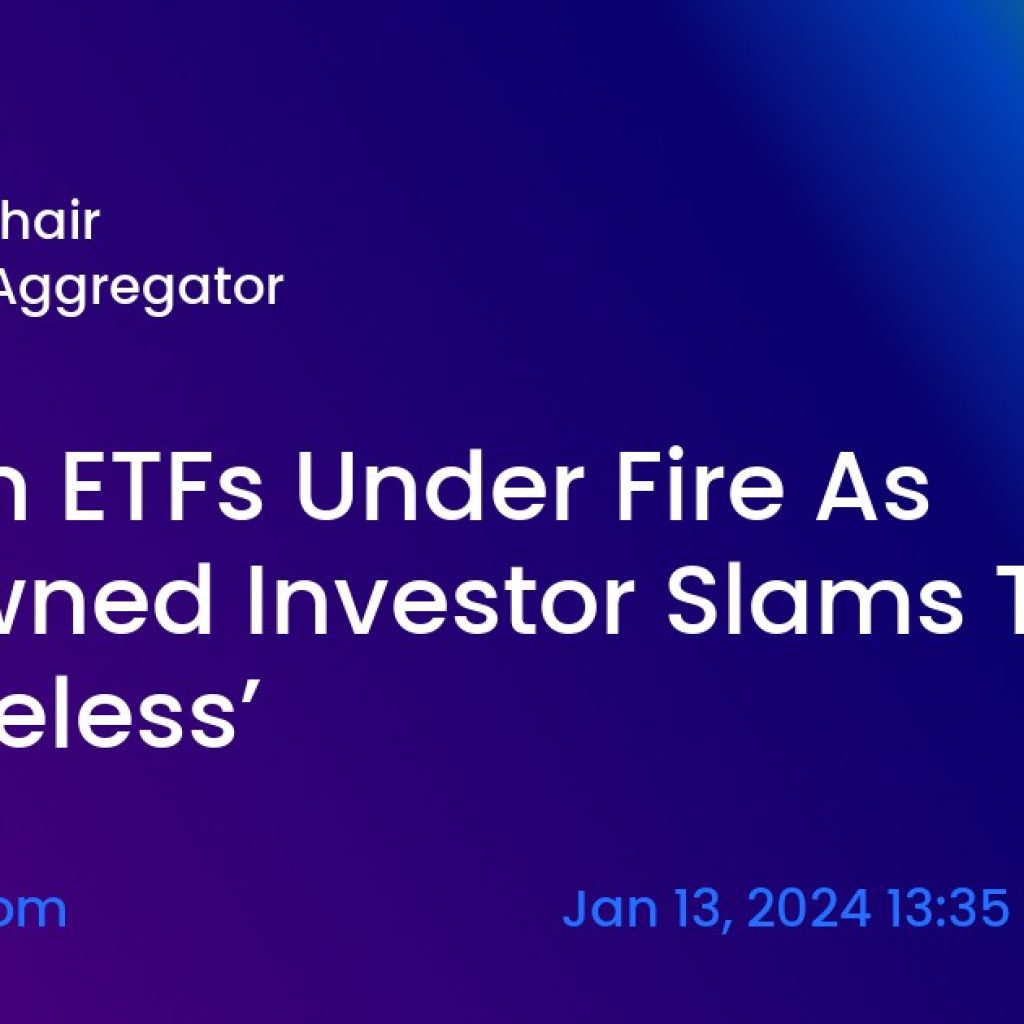
Bitcoin almost breaks down from its sideways construction in place for months, and Bitcoin bulls are struggling to prop up the market.
Bitcoin (BTC) targeted two-month lows on Aug. 17 as United States inflation returned to spook cryptocurrencymarkets.

BTC price teases exit from months-long corridor
Data from Cointelegraph Markets Pro and TradingView confirmed the lowest BTC price levels since June 21 as BTC/USD wicked to $28,300.
The downside came after the United States Federal Reserve published the minutes of its July meeting to discuss future monetary policy.
Members of the Federal Open Market Committee (FOMC) revealed concerns that inflation might remain elevated without further interest rate hikes — something risk assets did not wish to see going forward.
“Participants discussed several risk-management considerations that could bear on future policy decisions,” the minutes read.
“With inflation still well above the Committee's longer-run goal and the labor market remaining tight, most participants continued to see significant upside risks to inflation, which could require further tightening of monetary policy.”
While the Fed equally voiced “uncertainty” over the effects of existing monetary tightening, Bitcoin and altcoin traders reacted bearishly to its language, sending BTC/USD through multiple recent support levels.
These included the 21-week and 100-day simple moving averages (SMAs) at $28,600 and $28,570, respectively.

Bitcoin also challenged the lower boundary of the multi-month trading range, previously highlighted by popular traders Daan Crypto Trades and Crypto Tony.

“$28,800 has now been lost on Bitcoin so i will be looking to short this down now while we remain below $28,800,” the latter told X subscribers on the day, adding that $28,000 was his first target.

Markets retain rate hike pause bets
Not everyone meanwhile appeared convinced that the next FOMC meeting in September would yield higher rates.
Related: Bitcoin speculators now own the least BTC since $69K all-time highs
According to CME Group's FedWatch Tool, the odds of the Fed keeping the current rate intact remained at near 90% after the minutes release.

Analysts themselves were also far from unanimous. In a forecast last week, Caleb Franzen, senior analyst at Cubic Analytics, said that it was disinflation, rather than inflation, which was exhibiting "sticky" behavior.
"Disinflation + stronger earnings + stronger economic data + nearing the end of the rate hike cycle has been a perfect recipe for market returns and the development of an uptrend," he argued.
"While these conditions could change in the future, I don’t see any evidence that it’s changed yet."
Magazine: Deposit risk: What do crypto exchanges really do with your money?
This article does not contain investment advice or recommendations. Every investment and trading move involves risk, and readers should conduct their own research when making a decision.





